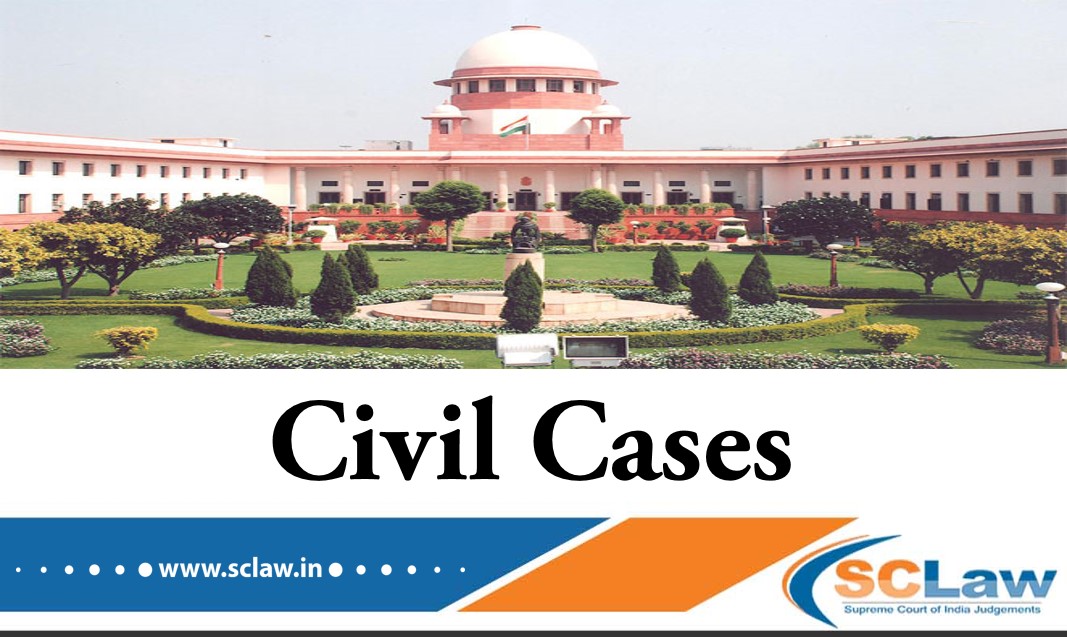“….no compulsion for the plaintiff to, at the stage of filing the suit, prove or establish the claim that the suit lands were revenue paying and the details of such revenue paid. Once it is conceded that the value of the land [per explanation to Section 7 (iv-A)] is to be determined according to either sub clauses (v), (va) or (vb) of the Act, this meant that the concept of “market value” – a wider concept in other contexts, was deemed to be referrable to one or other modes of determining the value under sub clauses (v), (va) or (vb) of Section 7 (iv-A)…”
SUPREME COURT OF INDIA FULL BENCH AGRA DIOCESAN TRUST ASSOCIATION — Appellant Vs. ANIL DAVID AND OTHER — Respondent ( Before : Arun Mishra, M. R. Shah and S. Ravindra…





